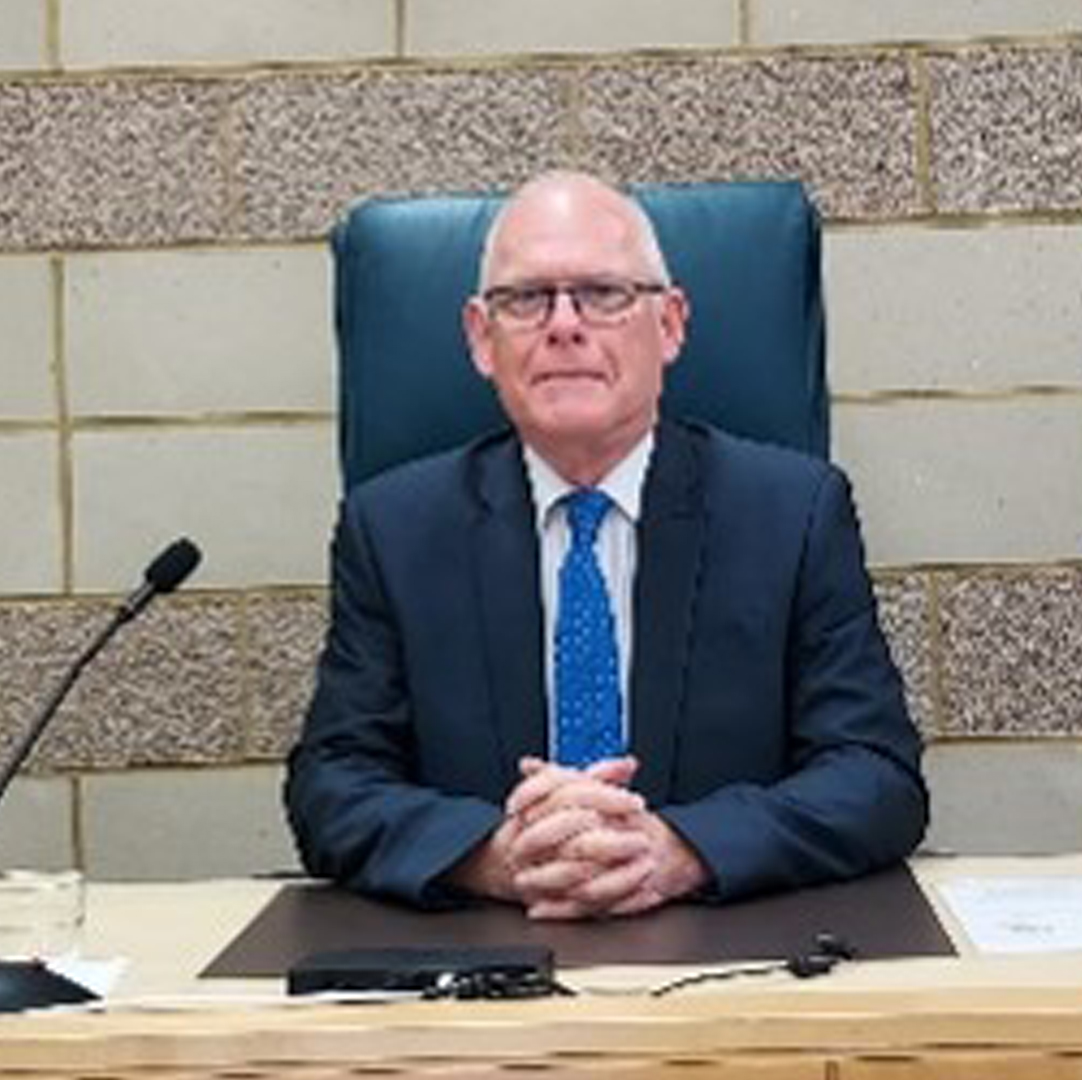A Judge's view of FDAC
 By District Judge Gailey
By District Judge Gailey
For me, one of the major differences with FDAC is the interaction with the parents. In standard proceedings, the parents sit behind their respective lawyers and generally say very little or nothing at all, that’s how the system runs. I have always tried to engage and involve parents but in standard proceedings the opportunities for doing so are limited.
Contrast that with the interaction and engagement between the Judge and the parents in, for example, non-lawyer reviews, and the difference between the two could not be starker.
The FDAC Judge is in direct conversation with the parents in a way in which they could never be in standard proceedings. The same can be said about the interaction between the Judge and FDAC team.
It’s very much a collaborative working relationship that is very different from the adversarial nature of standard proceedings.
A further significant difference between standard proceedings and FDAC proceedings is the intense nature of FDAC cases. There may be several weeks between hearings in standard proceedings, but in FDAC cases once a parent has signed up for the Trial for Change it comes in every two weeks. This allows the Judge to build a rapport with the parents that is simply not possible in standard proceedings, and it allows the Judge to keep a much closer eye on what is going on in the proceedings helping to keep the case on track.
My personal view is that FDAC cases are more rewarding for the Judge. In standard proceedings as Judges, we are very much hands-on in terms of case managing the proceedings. Whilst the same is also true of FDAC cases there is an extra element to the FDAC process which allows Judges to become very much a part of the parent's journey through FDAC whether the outcome is successful or not.
FDAC does need Judges to be more versatile in their approach, having to switch from the more formal style of the lawyer-attended hearings to the structured but informal style of the non-lawyer review. It is a very different but rewarding way of working for the Judge.
It is challenging for the Judge, requiring a level of communication skills that are generally not required in standard proceedings.
Importantly, Judges working with FDAC cases know that it is a process that works. The Black Country FDAC is still in its first year but already we have had successful outcomes, and there will be many more to come.
Read more about the Black Country FDAC service
